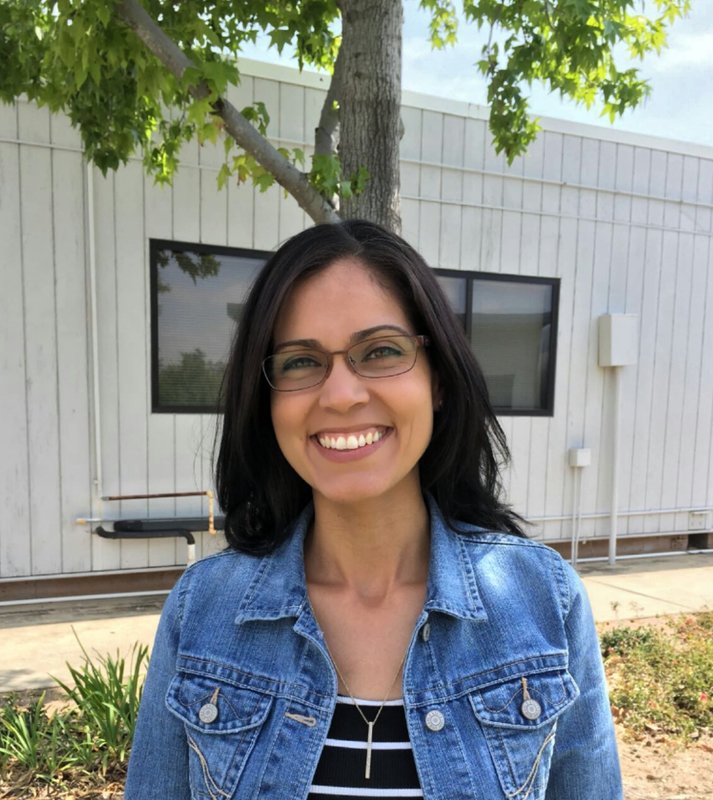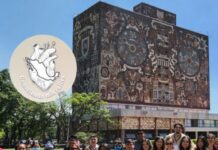Free college? What’s not to like?
That was the reaction from University City resident Hilda Arreola when she heard about the San Diego Promise program, which pays for enrollment fees and books that are not covered by financial aid.
“The Promise is a fantastic program,” said Arreola, the mother of two children and who is in the Paralegal Program at Miramar College. “Even though community college is not really, really expensive, the expenses can add up, and when you’re a parent going back to school, you don’t want to take money from your child’s education.”
The San Diego Promise pays for enrollment fees and books that are not covered by financial aid. Participants are required to take part in college orientation services and map out an education plan, be enrolled in at least 12 units for both fall and spring, engage in eight hours of community service, and maintain a minimum GPA of 2.0. Promise scholars also meet regularly with a counselor, participate in skills-building workshops, and receive frequent email reminders to assist them in keeping on track.
“The whole system, the whole network they have to support you really helps you adjust,” Arreola said. “It makes the transition really smooth.”
The transition began when Arreola, who moved her from Mexico, was taking ESL classes at San Diego Continuing Education. “An instructor at Continuing Ed encouraged me to apply for the program so I could go to college.”
Indeed, without the San Diego Promise, college would have been an unfulfilled dream.And you can’t beat the cost.
“Although students in the San Diego Community College District have access to the most affordable, high-quality higher education in the nation, earning a degree or a certificate remains a financial challenge for too many,” said Chancellor Constance M. Carroll. “Nearly 7 in 10 of our students are working to support themselves or their family, and most receive financial aid to help them get by. Expanding the San Diego Promise program means expanding access to even more deserving individuals throughout our community.”
And it’s working. A recent analysis found that 9 of 10 students in this year’s San Diego Promise program are from traditionally underrepresented communities, and approximately half come from families with a household income of less than $40,000 annually. Nearly 70 percent of the students taking part this year plan on earning an associate degree and transfer to a four-year college or university. An additional 5 percent say they intend to transfer without an associate degree.
The program’s expansion means up to 600 incoming freshmen will be eligible this fall at San Diego City, Mesa, and Miramar colleges. That’s in addition to the 186 students who are currently enrolled in the program and expected to continue on to a second year next fall.
Of the 600 new San Diego Promise students, most will be 2017 graduates from the San Diego Unified School District. Ten freshmen will be admitted from the Monarch School for the homeless. Seventy-five will be accepted from San Diego Continuing Education.
Arreola said the scholarships for Continuing Education students are especially impactful. “There are a lot of scholarships available for kids in high school,” she noted. “But not so much for people who are older and are going back to school.”





